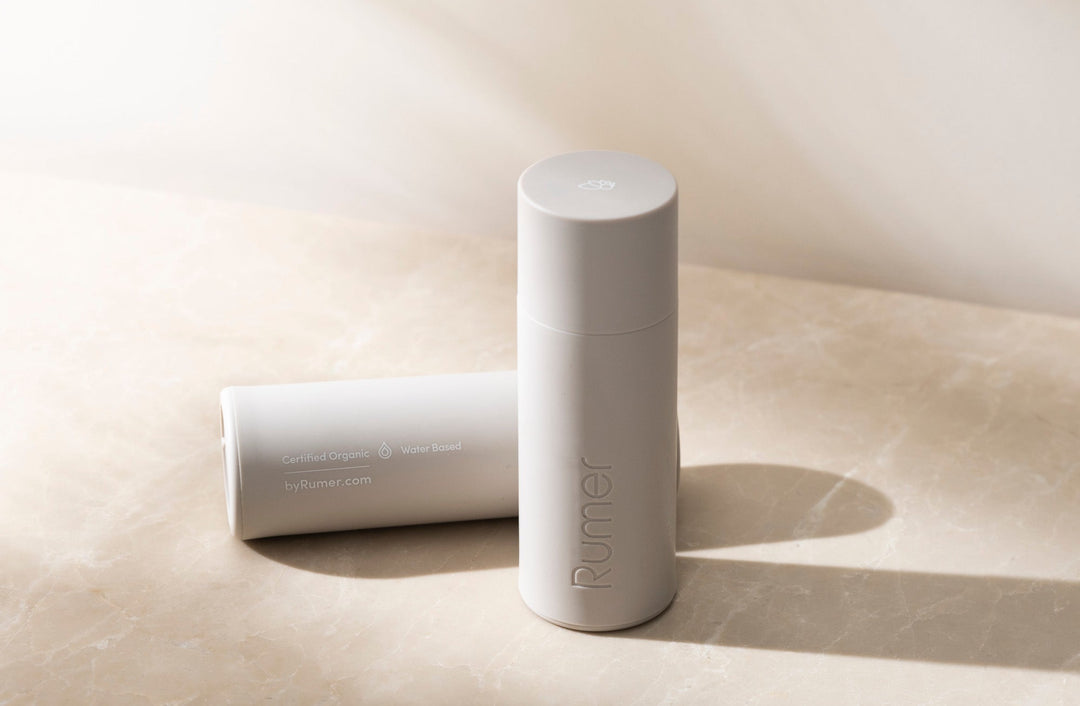Personal Lubricant – What is it good for?

Think you know personal lubricant? Maybe you do and maybe you have more to learn! Here are our top reasons to use personal lubricant, and why slippery is better.
Of course any reason to use personal lubricant becomes even more compelling when it’s Organic Lube that you’re reaching for. No pesticides, Certified by BioGro NZ.
There are a lot of great reasons to use personal lubricant. They may not all be what you think! Let’s start with the most obvious reason to choose personal lube.
Slip sliding sexy comfort
Goodbye yeowchy friction and hello sensual pleasure. Sex without a good level of lubrication can range from rash and irritation level discomfort, to microtears, and full actually-you-need-to-stop level pain. The delicate skin of our internal tunnels is designed to be lovingly slid against – and won’t stand up to abrasion well.
“… the most common cause of vaginal cuts is having sex, usually without proper lubrication.”
It’s not ideal to have rashes and microtears in your intimate areas as these can let viruses, bacteria and germs into your circulatory system. Plus, tissue micro tears or larger cuts and tears do create a higher risk for transmitting or contracting an STD. And, anal sex has a high risk of micro tears, and bacterial infection.
Some women will even find that the pain of unlubricated sex leads to the agony of vaginismus, making sex physically impossible.
Orgasms & intensity
Participants in a study from Indiana University’s Center for Sexual Health1 determined that lube makes it twice as easy to orgasm. Plus, most people report that sex lube increases sensation and just makes sex feel BETTER.
What’s not to love?
Foreplay marathons
Bring it on – but you might want a little extra staying power to go the distance. Personal lubricant can keep the mood sexy and the body slippery and sexy feeling.
Condom safety
Want to rely on a condom to protect you from STDs and pregnancy? You definitely need personal lubricant. Condoms are designed to work best with good lubrication. Personal lubricant reduces the risk of your condom breaking from friction, or causing tears due to feeling dry and rubbing uncomfortably during sex.
Menopause, medication & childbirth
At Rumer we’re all about helping everyone create a healthy, fun and fulfilling sex life.
As well as women with menopause, we find that women’s lubrication can decrease when they are breastfeeding, tired, depressed, after childbirth – and just with hormonal fluctuations.
Over time, vaginal tissue thins, and during and after menopause, women generally produce less estrogen, which means less vaginal lubrication. Thinner tissue plus less natural lubrication means the vagina is more vulnerable to tears and less naturally comfortable during sex and sex play. Personal lubricant can restore the balance and also make daily life more comfortable – Learn more about lube and menopause!
Some medications and child birth, and even anxiety, can also cause hormonal and lubrication fluctuations – so personal lubricants are the perfect stop-gap solution to support your body through these changes.
None of those things need to interfere with your sex life, solo or otherwise – and it’s quite likely that a great sex life will make you happier and healthier regardless.
Sports chaffing
Professional athletes often use Personal Lubricant to stop their clothing or thighs chaffing – it’s ideal for long distance runners, cyclists, or anyone who has thigh-chafe issues!
Just a generally ‘dryer vagina’
Vaginal dryness on a daily basis can be really uncomfortable and just adding a few drops of personal lube in the morning can make the day a lot more pleasant by eliminating that dry scratchy feeling.
Enjoy!
Check our blogs on ways to increase sexual pleasure for women and men and make up your own rules as you go. Organic personal lubricant is safe and fun.
1 Source: Reece, M., Herbenick, D., Schick, V., Sanders, S., Dodge, B., & Fortenberry, J.D. (2013). Sexual behaviors in the U.S. Presented at Sexual Health Across the Lifespan: Practical Applications, Colorado Department of Public Health & Environment, Denver, CO.








